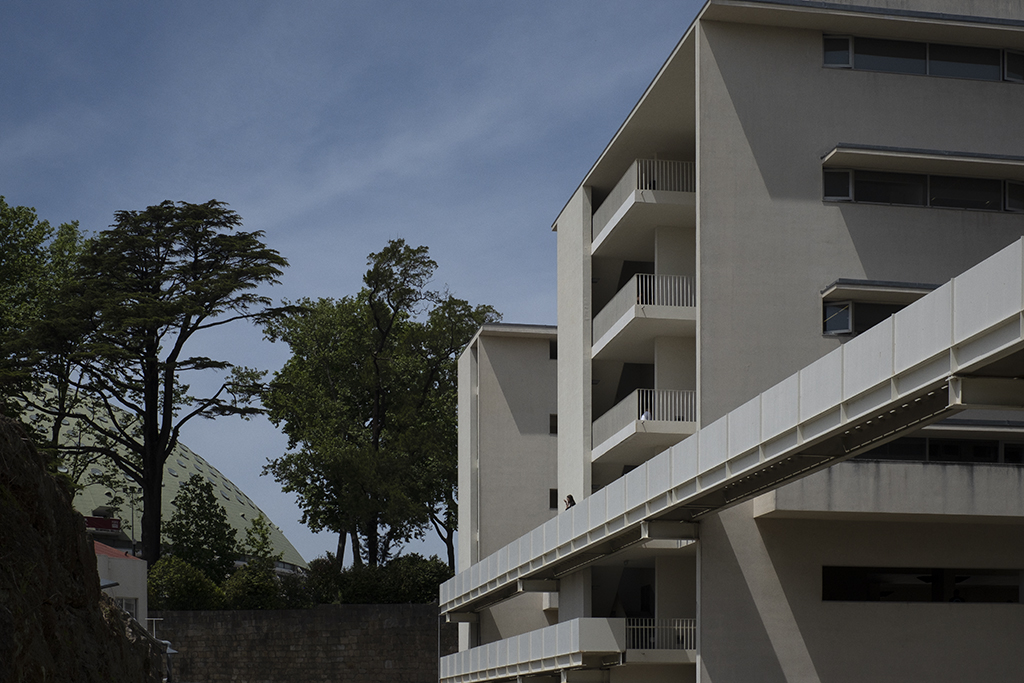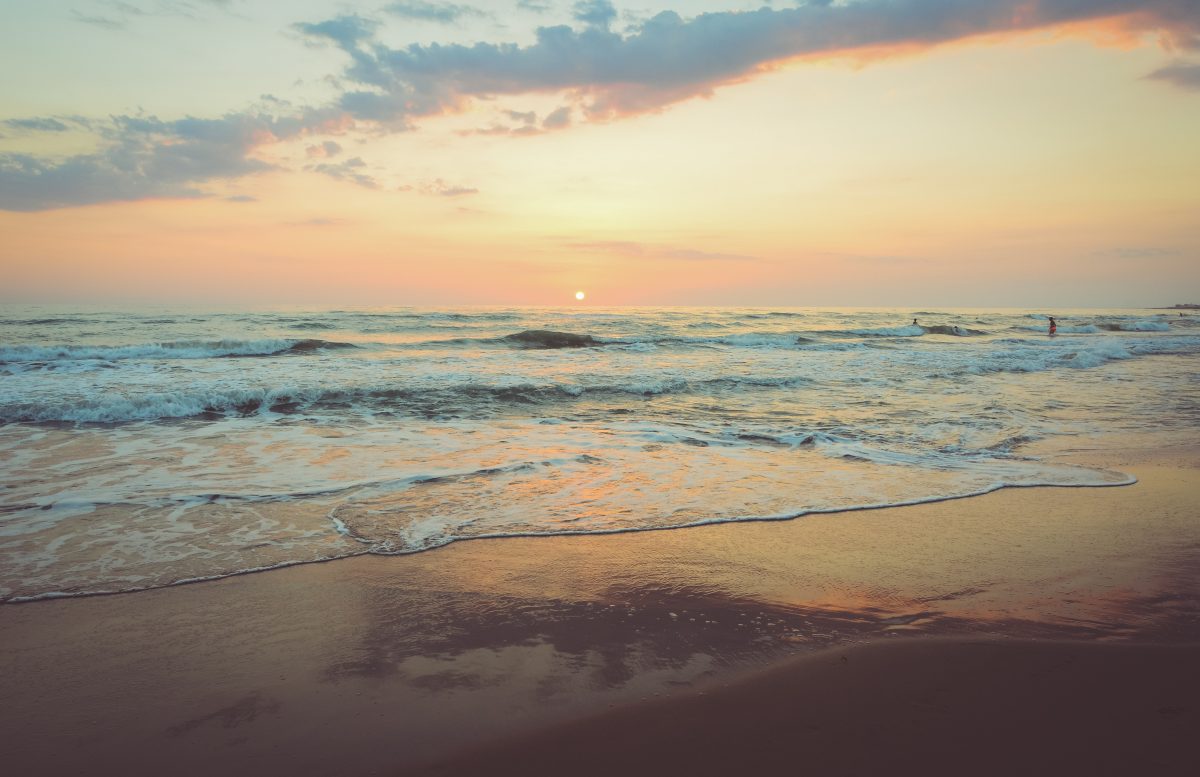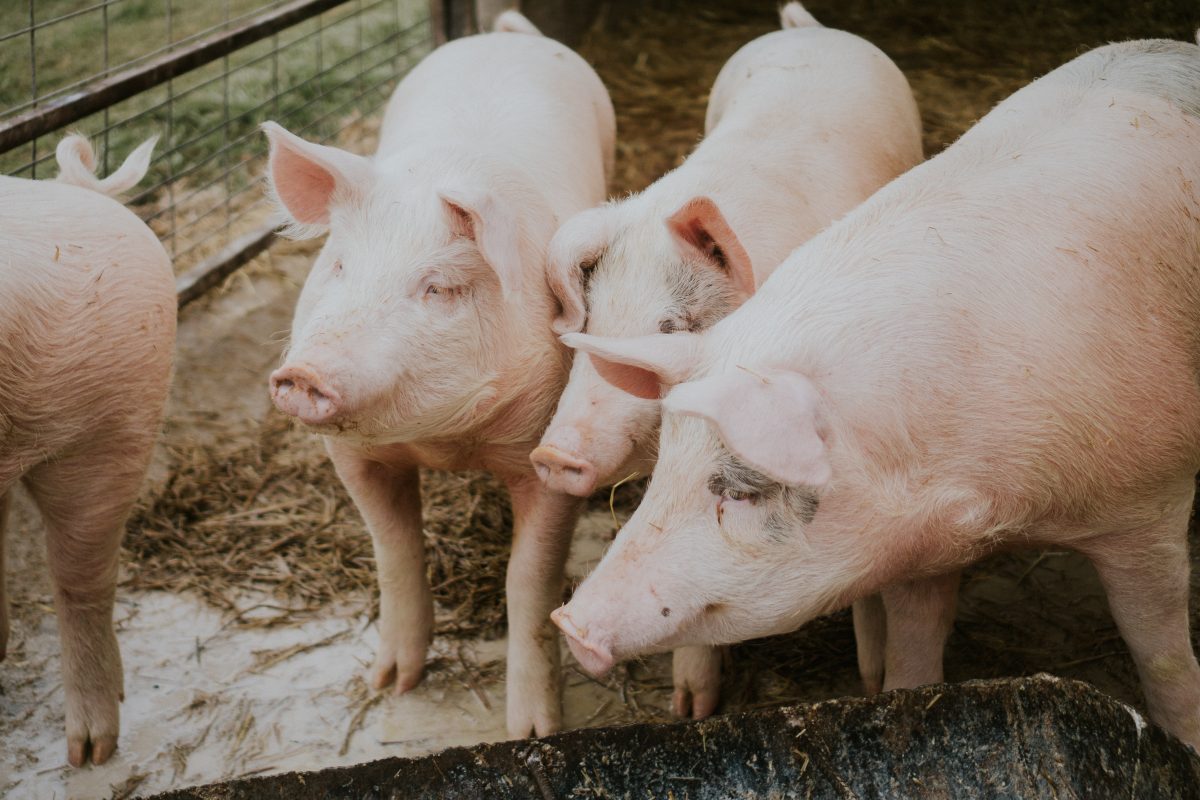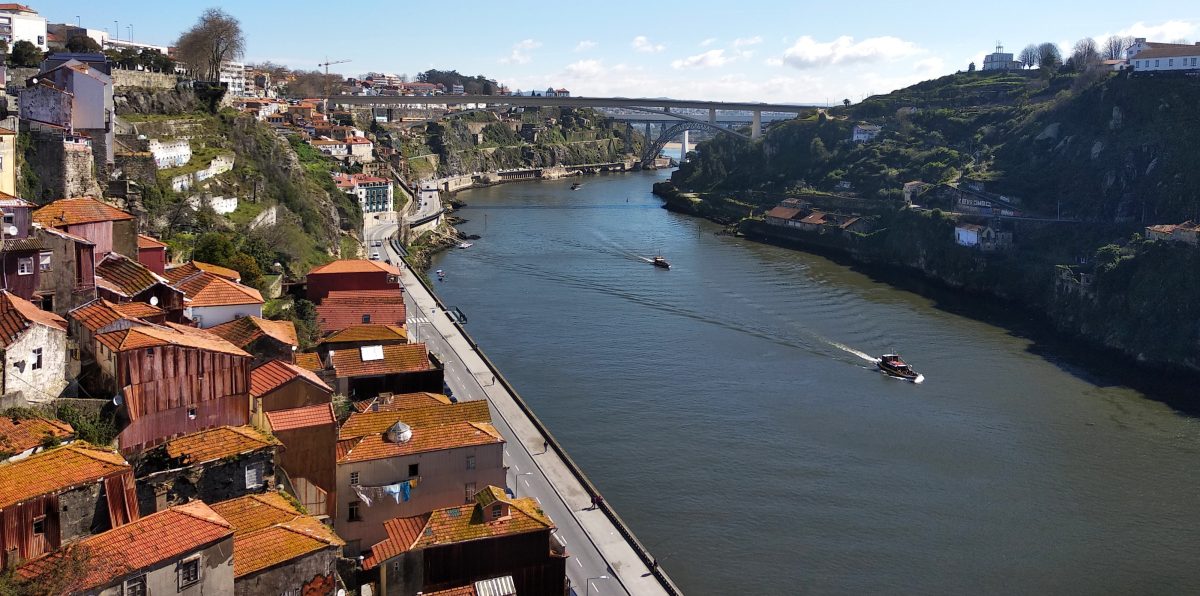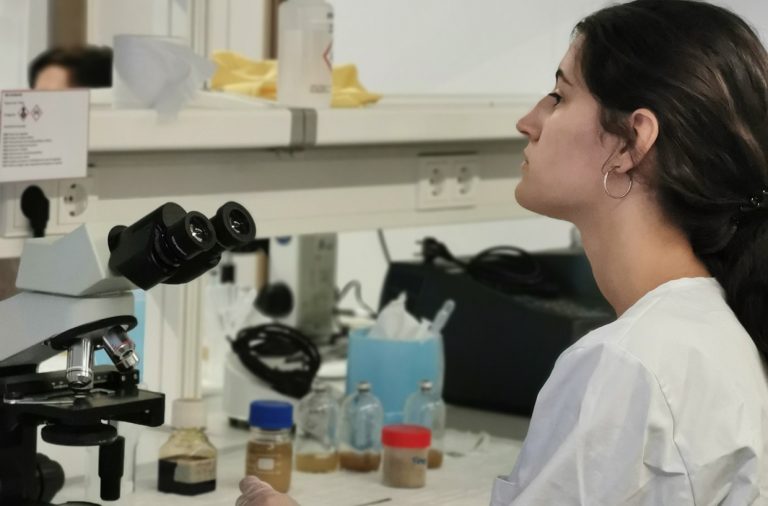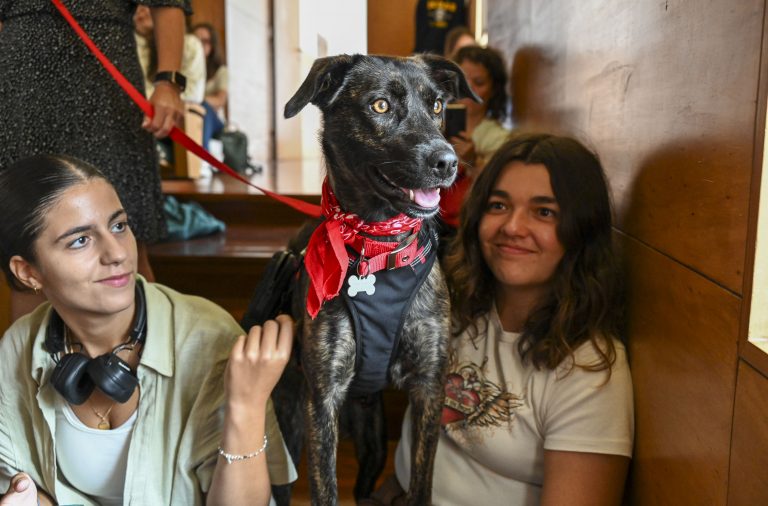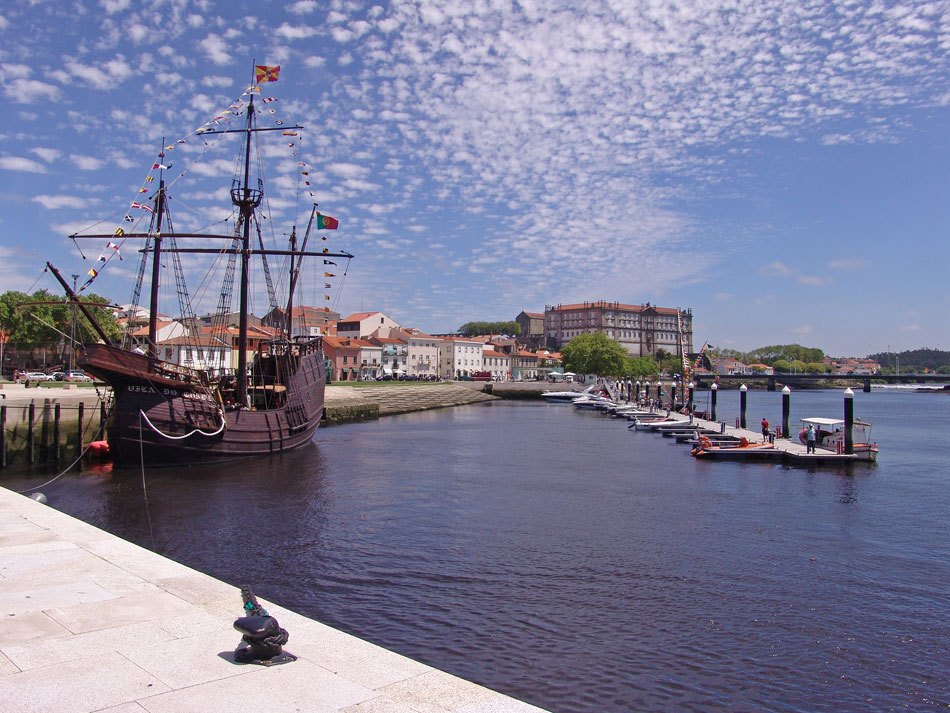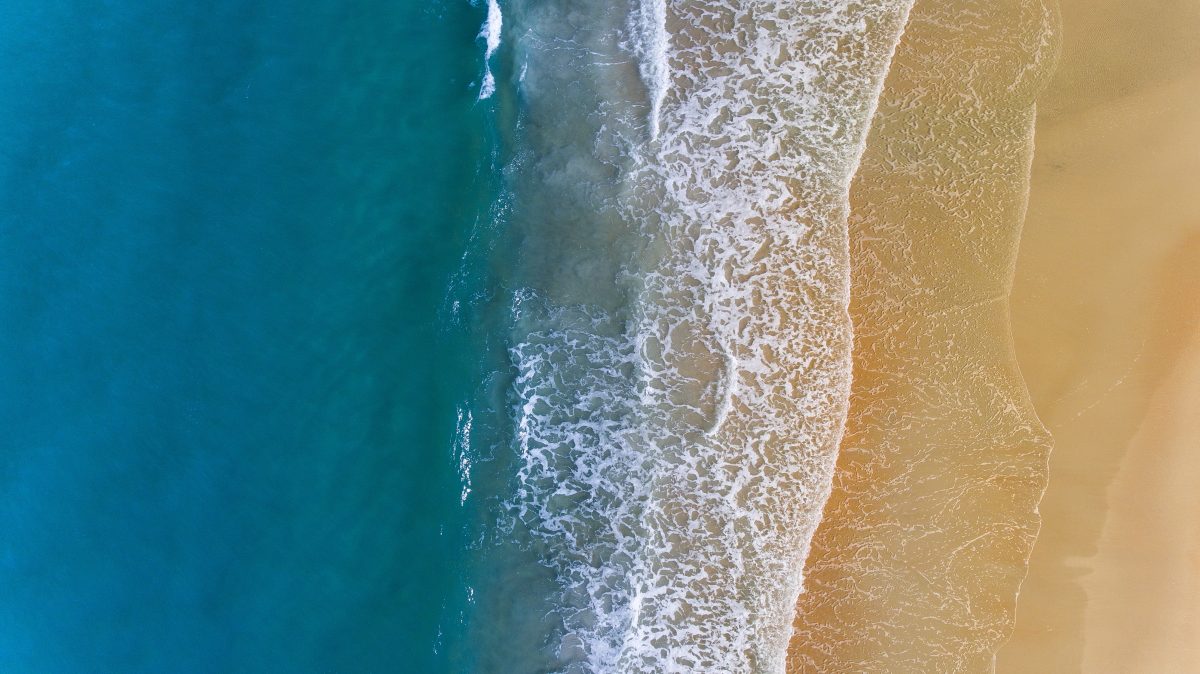The One Health Master results from the combination of knowledge from the Instituto de Ciências Biomédicas Abel Salazar (ICBAS) and the Faculty of Economics (FEP) of the University of Porto and aims to be part of the answer to a sustainable future for the planet, through a curricular program that crosses Life and Social sciences. The new master’s degree will be part of the University of Porto’s training offer from the 2024/2025 academic year onwards.
Designed to prepare human resources capable of approaching environmental, human, and animal health problems in a multidisciplinary and transdisciplinary way, this new course aims to provide tools for a more comprehensive understanding of these problems, as a path to lasting solutions.
Read the full text here.
Source: Notícias UP; Image: ICBAS.


